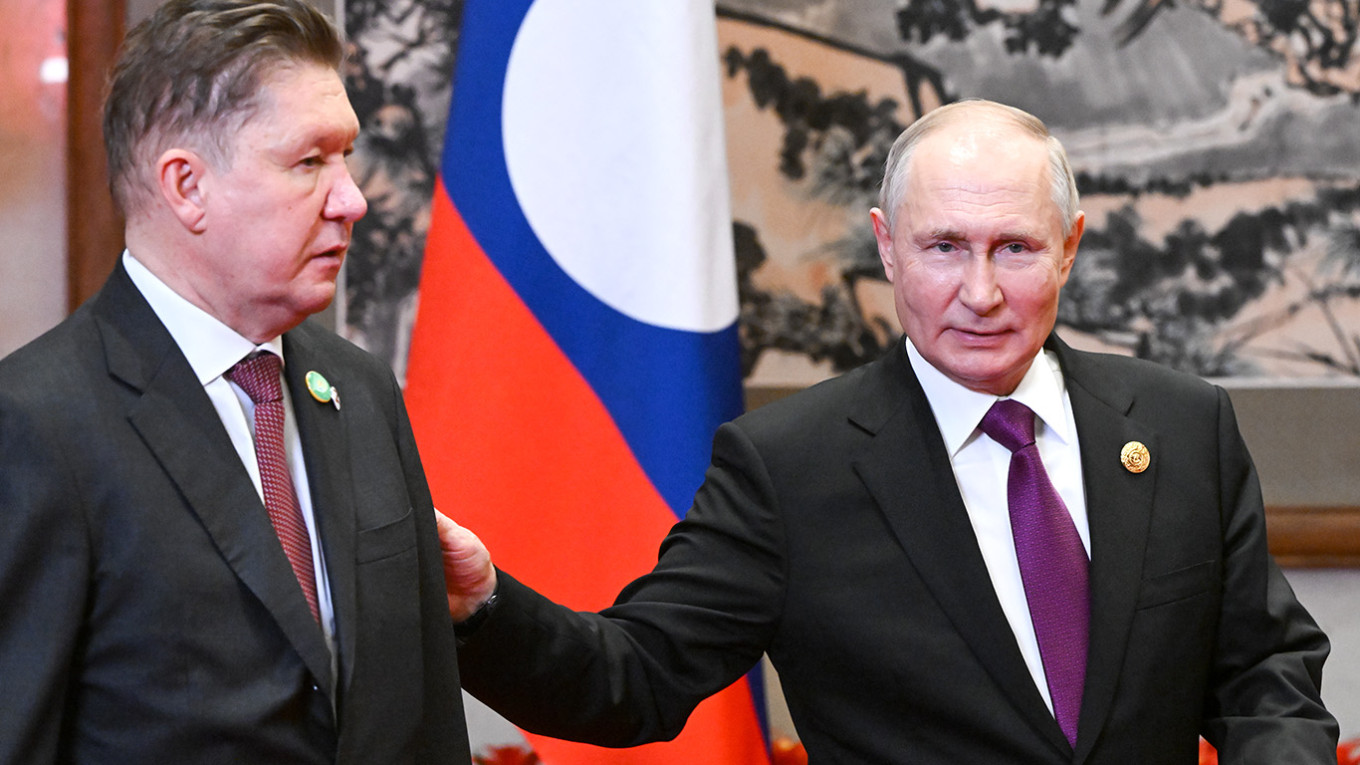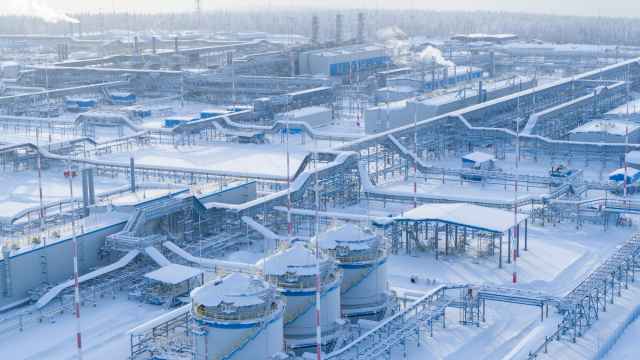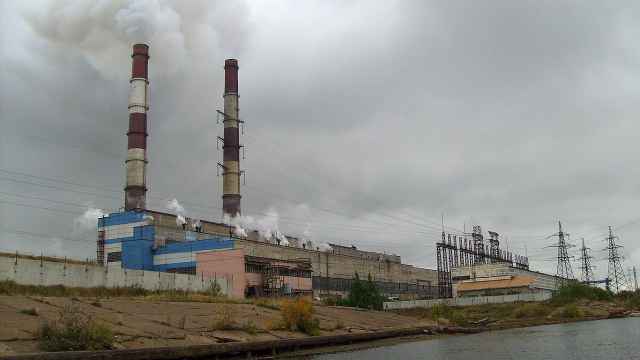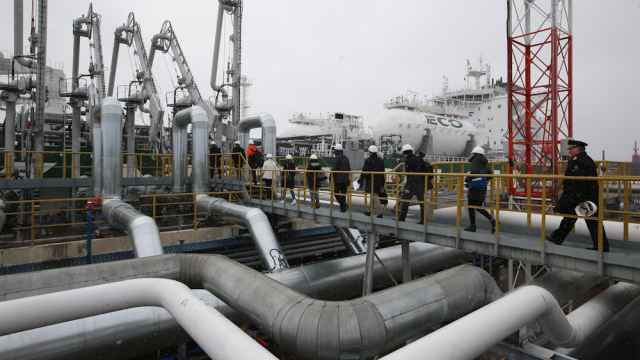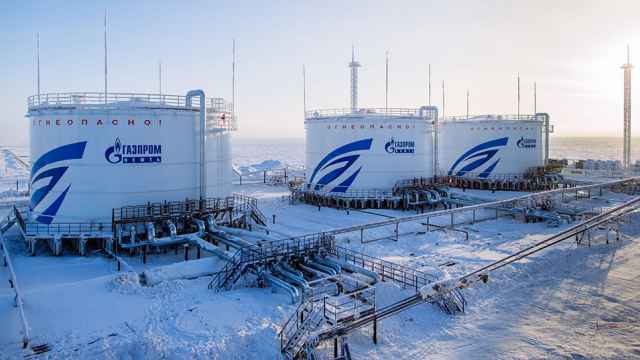As President Vladimir Putin paid a state visit to China in May, his Deputy Prime Minister Alexander Novak said that Moscow and Beijing were soon planning to sign a contract on the construction of the Power of Siberia 2 gas pipeline.
“We plan additionally to finish the review and sign a contract for the construction of a gas pipeline with a capacity of 50 billion cubic meters (bcm) of gas through the territory of Mongolia in the near future,” Reuters quoted Novak as saying.
While some observers expected the deal on Power of Siberia 2 to be signed during Putin’s visit to China, this did not happen. Since then, there have been no public announcements suggesting the contract has moved on.
According to the Financial Times’ sources, the project could be stalled because China asked to pay for gas at prices close to Moscow’s domestic tariffs, something that would undermine any hope for profits for Russia’s gas exporter Gazprom. Moreover, China was prepared to buy only a fraction of the 50 bcm of the pipeline’s capacity, the sources added.
At this point, the project appears unfeasible. But are there any other options left for Gazprom to boost its foreign sales after its main export direction — to Europe — has nearly been severed?
Good and bad times
Before Russia’s 2022 invasion of Ukraine, Gazprom was pumping more than 140 bcm of gas to the European Union and the U.K. per year. This was the Russian pipeline gas monopoly’s biggest and most profitable foreign market.
The Western sanctions that followed the invasion, Moscow’s retaliation with a largely unmet demand for Europe to pay for Russian gas in rubles and the Nord Stream pipeline explosions have all led to a drastic decline in supplies.
The Oxford Institute for Energy Studies (OIES), in its recent outlook for Russia’s oil and gas production and exports, estimated that Russia’s 2023 gas exports to Europe (EU + U.K.) amounted to only 22-25 bcm, a fraction of their former glory.
This was what mainly led to Gazprom incurring its greatest annual loss in the last 20 years — an equivalent of $7 billion — in 2023. And the future prospects are not promising.
Russia has a contract for gas transit to Europe with Ukraine (40 bcm per annum) that runs out at the end of this year. The Ukrainian leadership has indicated that it may not be prolonged.
There is the Turk Stream pipeline that transports gas to Turkey and then to Eastern Europe. This extension to Europe appears to be at less risk than other pipelines, “not least because a number of the countries to which it delivers gas are on more friendly terms with Russia and have agreed to pay for gas in rubles,” OIES researchers wrote, adding that flows through the pipeline were at around 60% of its 20 bcm capacity in 2023 and supplies here will depend on Turkish demand for Russian gas. But in any case, the pipeline itself nears its full capacity.
Pivot to the East
One option for Gazprom is to divert its gas flows from Europe to Asia, primarily by looking in the direction of Beijing. The monopoly has already attempted to do that, introducing a decade ago the Power of Siberia pipeline, capable of carrying up to 38 bcm of gas from the fields of East Siberia to China. But it is expected to hit full capacity by 2025-26.
There is also the pipeline from the Far East island of Sakhalin, which with luck could bring up to 10 bcm of gas to China, but this is also nowhere near enough to replace the lost volumes in Europe.
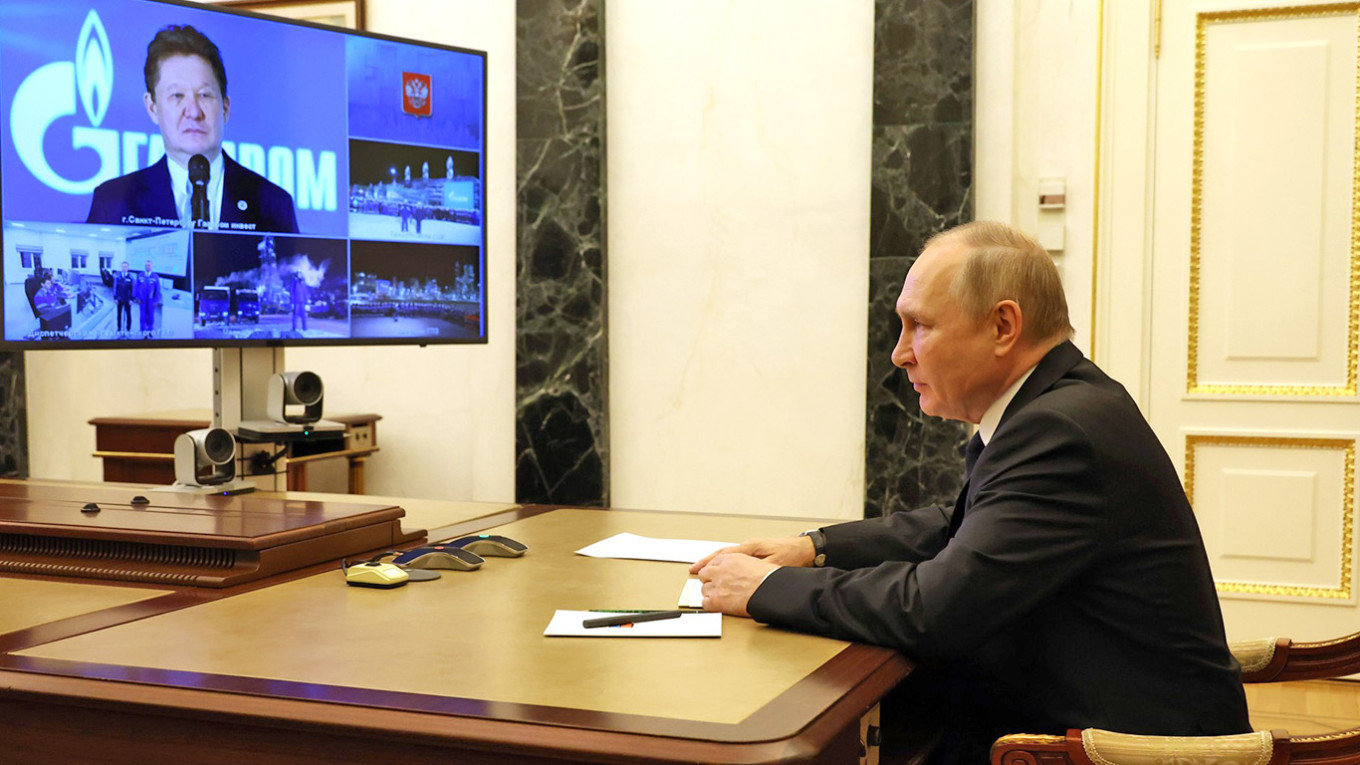
With no significant remaining pipeline capacity to meet Chinese demand, or rather hope for it, Gazprom is left with the only option, which is to build a new pipeline — the Power of Siberia 2.
This is what the Russian officials have been negotiating for years. But that would require time — 10-12 years, judging by the first Power of Siberia construction timeline — as well as money, something that Gazprom, surprisingly or not, does not really have.
According to independent oil and gas analyst Mikhail Krutikhin, the first Power of Siberia pipeline was unprofitable from the start because of the prices that China was willing to pay for the exported gas, which were several times below what Europe paid on average. With the second pipeline, they can demand even lower tariffs.
“Gazprom’s position is a dead end while the Chinese have a choice,” Krutikhin told The Moscow Times. “Go ahead, build a pipeline at your own expense and then we will not buy the full amount of its capacity because we don’t really need it. And if we do, it will be at Russia’s internal prices,” he said.
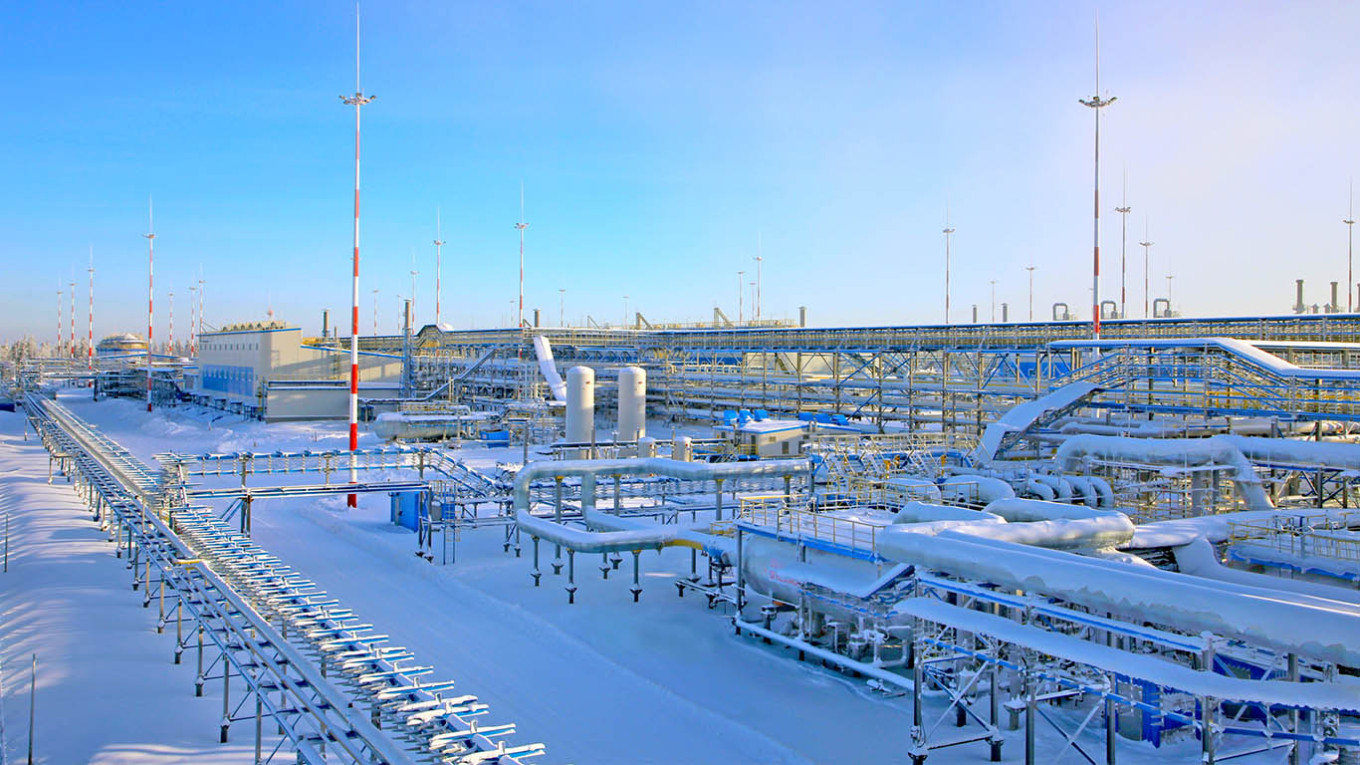
John Lough, associate fellow at Chatham House’s Russia and Eurasia Programme, agreed that China has the upper hand in this bargain.
“The Chinese are in a position to bargain because they have a diversity of supply. They are interested in getting cheap gas and there is nothing to stop them from negotiating a very hard bargain,” he told The Moscow Times.
Politics of choice
While future profits for Gazprom and Russia’s budget from gas sales to China are murky, it is oil, not gas, that has been the main origin of income for Moscow. Gazprom’s business in Europe was valuable for the political leverage it gave Moscow, experts say.
“Where Gazprom brought immense value to the Russian state was through the political influence that it wielded. It was such a useful tool for developing a number of relations with some European countries,” Lough said, adding that this capital has now been destroyed.
And it is unlikely that this capital will be gained in China, which differs from Europe both geographically and politically.
“The key issue with Russia’s pivot to Asia is that the pipeline element of it is focused on only one country — China. This leaves Gazprom very exposed to commercial risk and makes the pipelines a key element of the political relationship between the two countries — perhaps a positive in the current situation but a future risk for the Kremlin,” OIES’ outlook said.
The only hope for Russia and Gazprom is for the future, when the country’s leadership changes and relations with Europe may be restored again, Lough argued.
The cost of going to war with Ukraine significantly damaged Gazprom’s and Russia’s interests. But maybe there is still a view in Moscow that long-term, Europe would still need Russian gas and things will settle down, he said.
Until then, Gazprom is doomed to suffer losses which could result in the shrinking of its business, Lough concluded.
A Message from The Moscow Times:
Dear readers,
We are facing unprecedented challenges. Russia's Prosecutor General's Office has designated The Moscow Times as an "undesirable" organization, criminalizing our work and putting our staff at risk of prosecution. This follows our earlier unjust labeling as a "foreign agent."
These actions are direct attempts to silence independent journalism in Russia. The authorities claim our work "discredits the decisions of the Russian leadership." We see things differently: we strive to provide accurate, unbiased reporting on Russia.
We, the journalists of The Moscow Times, refuse to be silenced. But to continue our work, we need your help.
Your support, no matter how small, makes a world of difference. If you can, please support us monthly starting from just $2. It's quick to set up, and every contribution makes a significant impact.
By supporting The Moscow Times, you're defending open, independent journalism in the face of repression. Thank you for standing with us.
Remind me later.



